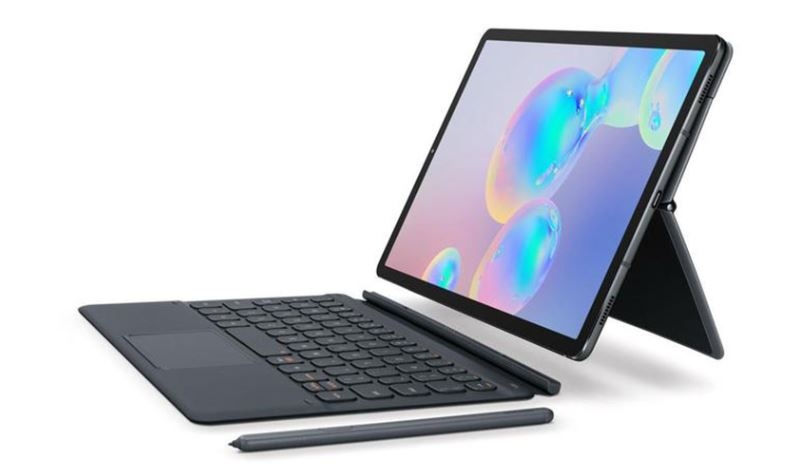In another major data breach online, travel giant Expedia-owned Orbitz has said that hackers may have accessed 880,000 credit-card numbers used to book travel through the website. The company's affiliates like American Express too have been affected by the cyberattack.
According to the company's statement, it found evidence in March that an hackers had access to its legacy systems between October and December last year. During this time, hackers accessed customer data from the previous two years -- between January 2016 and December 2017 -- which included names, dates of birth, postal and email addresses, gender, and payment card information.
This is not the first time that credit card details of users have leaked online. In 2017 too, cybercriminals hacked into Equifax, one of the largest credit bureaus, and stole personal data of almost 145 million people.
However, though there is no sure-shot way to safeguard your credit card data while doing transactions online, some small steps can go a long way in protecting your credit card data online.
--- Check your bank statements regularly: Alert the bank immediately in case of any suspicious transaction.
--- Sign-up for SMS alerts from your bank, will help you track any activity in your accounts
--- Look for the security code (HTTPS); Also, look for a padlock icon somewhere on the browser window.
--- Don't fall for offers that are too good to be true
--- Avoid downloading apps other than from official app stores like Google Play and Apple App Store
--- Avoid saving your credit card information on shopping and other websites
--- Never make transactions via any link that comes in emails
--- Never use your credit/debit card online on public Wi-Fi or public PCs (like in cybercafes)
--- Once you have completed your online banking transactions, remember to log-off by clicking on the "log-off" option.
In another major data breach online, travel giant Expedia-owned Orbitz has said that hackers may have accessed 880,000 credit-card numbers used to book travel through the website. The company's affiliates like American Express too have been affected by the cyberattack.
According to the company's statement, it found evidence in March that an hackers had access to its legacy systems between October and December last year. During this time, hackers accessed customer data from the previous two years -- between January 2016 and December 2017 -- which included names, dates of birth, postal and email addresses, gender, and payment card information.
This is not the first time that credit card details of users have leaked online. In 2017 too, cybercriminals hacked into Equifax, one of the largest credit bureaus, and stole personal data of almost 145 million people.
However, though there is no sure-shot way to safeguard your credit card data while doing transactions online, some small steps can go a long way in protecting your credit card data online.
--- Check your bank statements regularly: Alert the bank immediately in case of any suspicious transaction.
--- Sign-up for SMS alerts from your bank, will help you track any activity in your accounts
--- Look for the security code (HTTPS); Also, look for a padlock icon somewhere on the browser window.
--- Don't fall for offers that are too good to be true
--- Avoid downloading apps other than from official app stores like Google Play and Apple App Store
--- Avoid saving your credit card information on shopping and other websites
--- Never make transactions via any link that comes in emails
--- Never use your credit/debit card online on public Wi-Fi or public PCs (like in cybercafes)
--- Once you have completed your online banking transactions, remember to log-off by clicking on the "log-off" option.
























